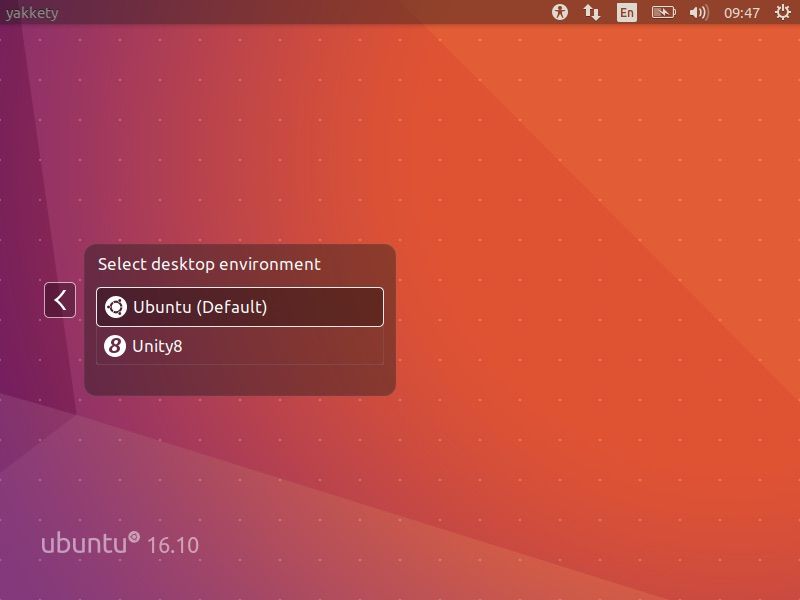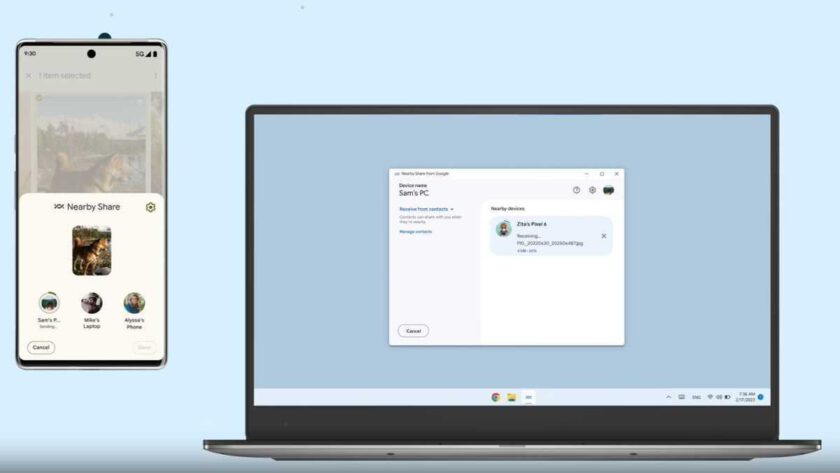Six years after making Unity the default user interface on Ubuntu desktops, Canonical, the maker of Ubuntu is giving up on the project and will switch the default Ubuntu desktop back to GNOME next year.
Canonical is also ending development of Ubuntu software for phones and tablets, spelling doom for the goal of creating a converged experience with phones acting as desktops when docked with the right equipment.”The choice, ultimately, is to invest in the areas which are contributing to the growth of the company,” Mark Shuttleworth, founder of Canonical writes in a blog post.
Ubuntu is one of the many shining success stories of the grand Linux experiment. It’s nearly ubiquitous in the server world, it’s available in Windows of all places, and it’s a very polished and user-friendly desktop operating system in its own right. But Canonical’s attempts over the past few years to branch out into phones and tablets have been a near total failure.
Ubuntu phones and laptops never became popular with hardware makers, carriers, or consumers, and software development seemed to be slowing down. While Unity 8 was shipping on phones and tablets, it has never been stable enough to become the default on the desktop, which uses Unity 7. Canonical’s work on creating a new desktop display server, Mir, has also been slow.




